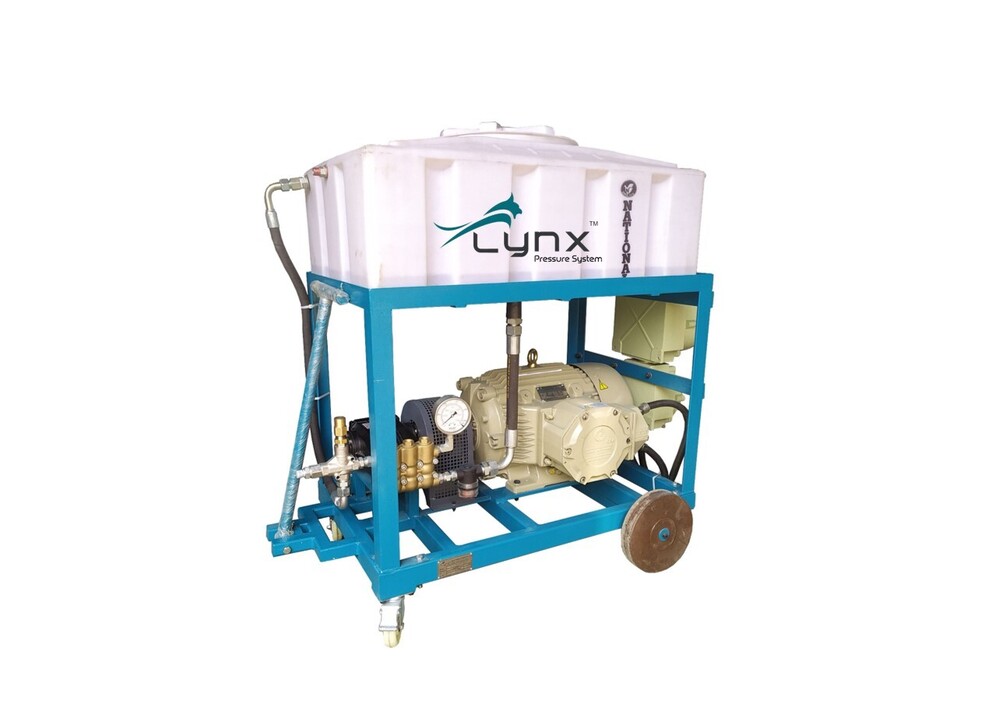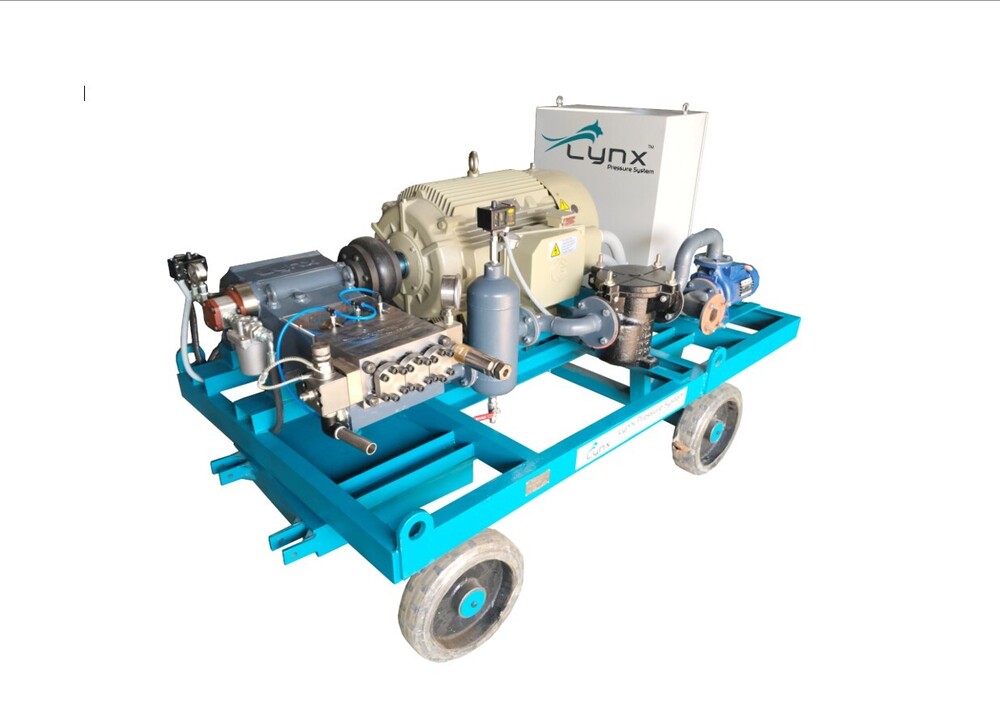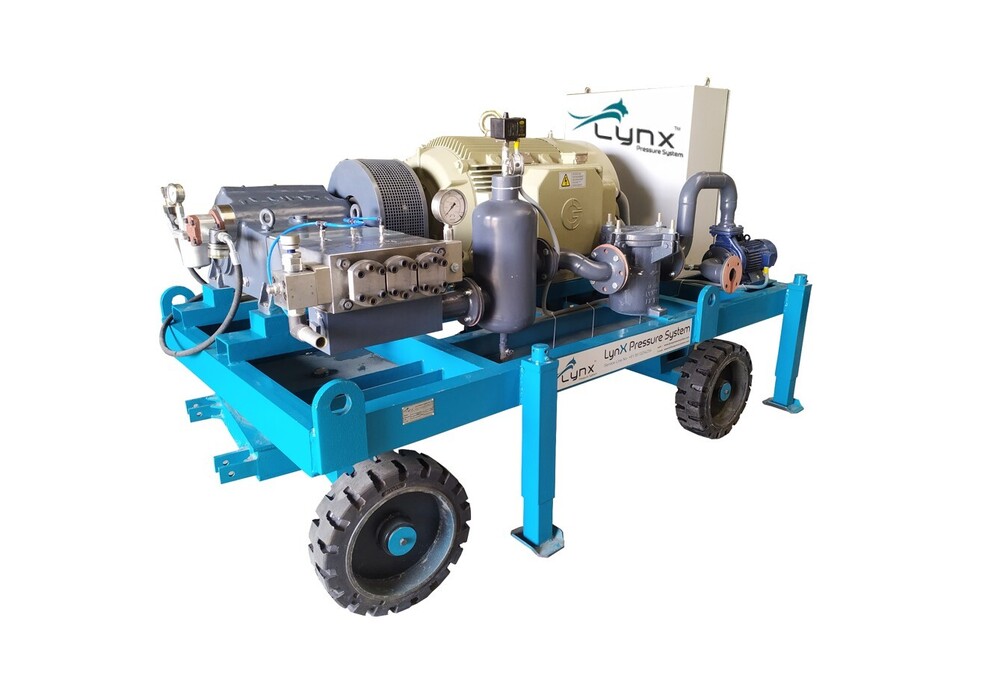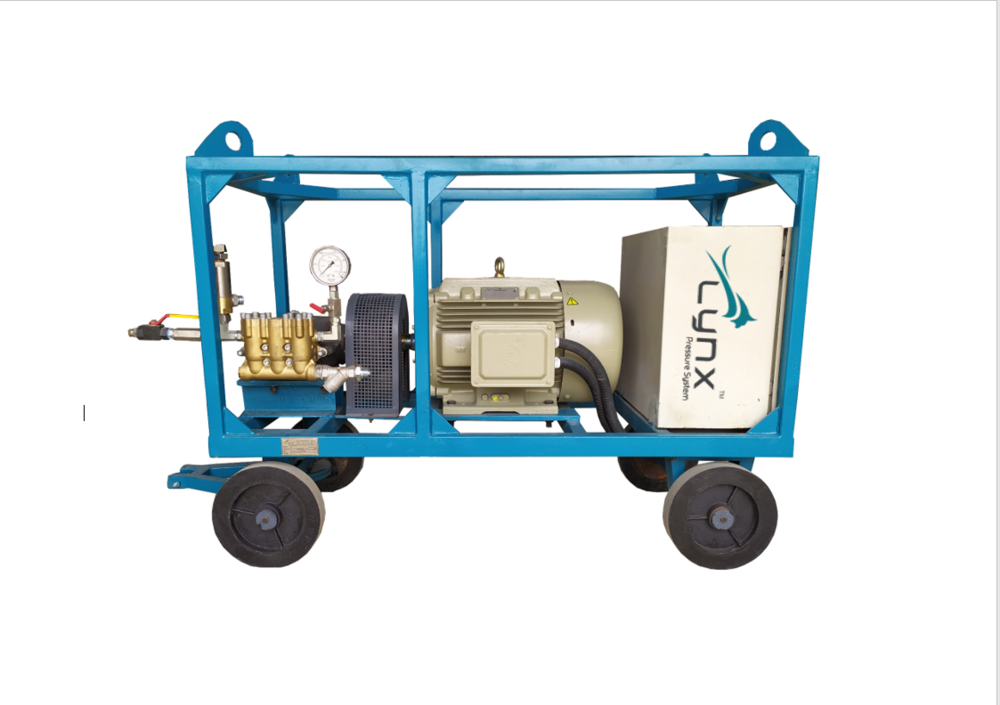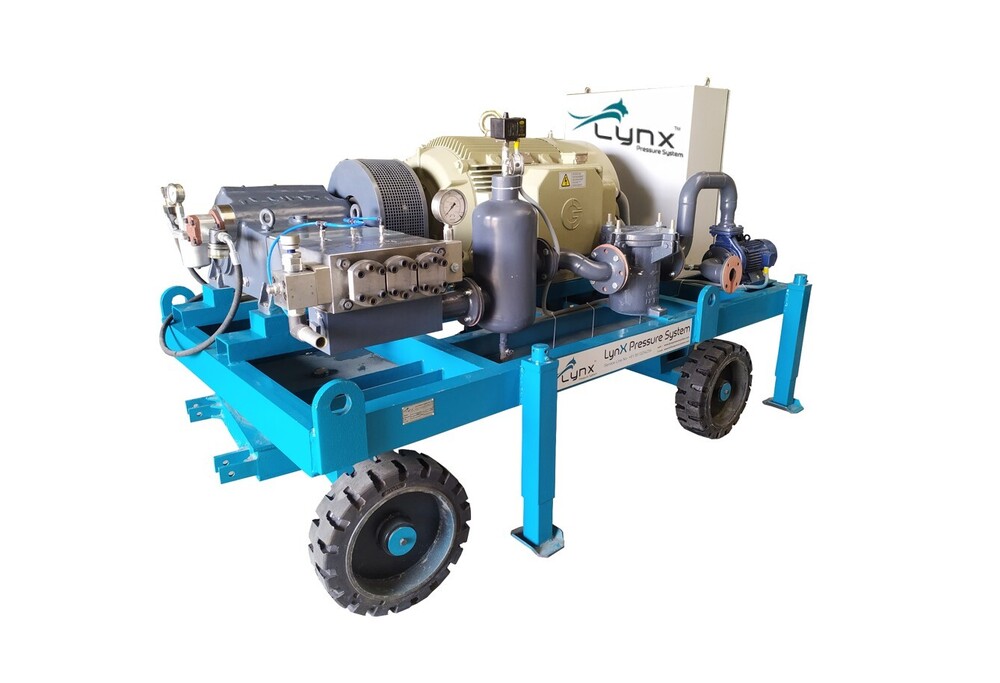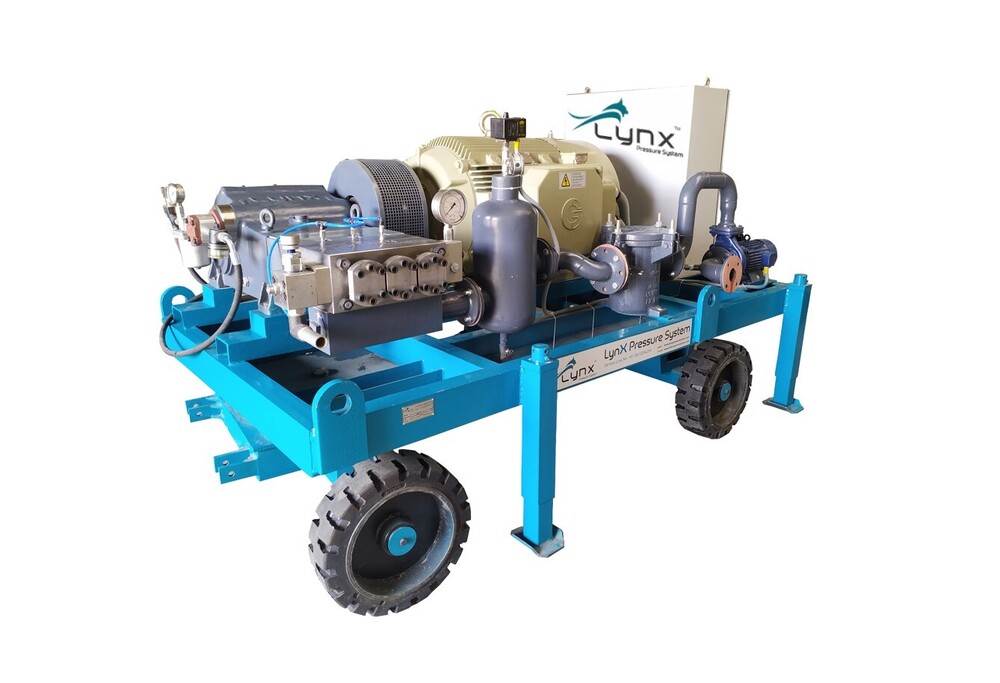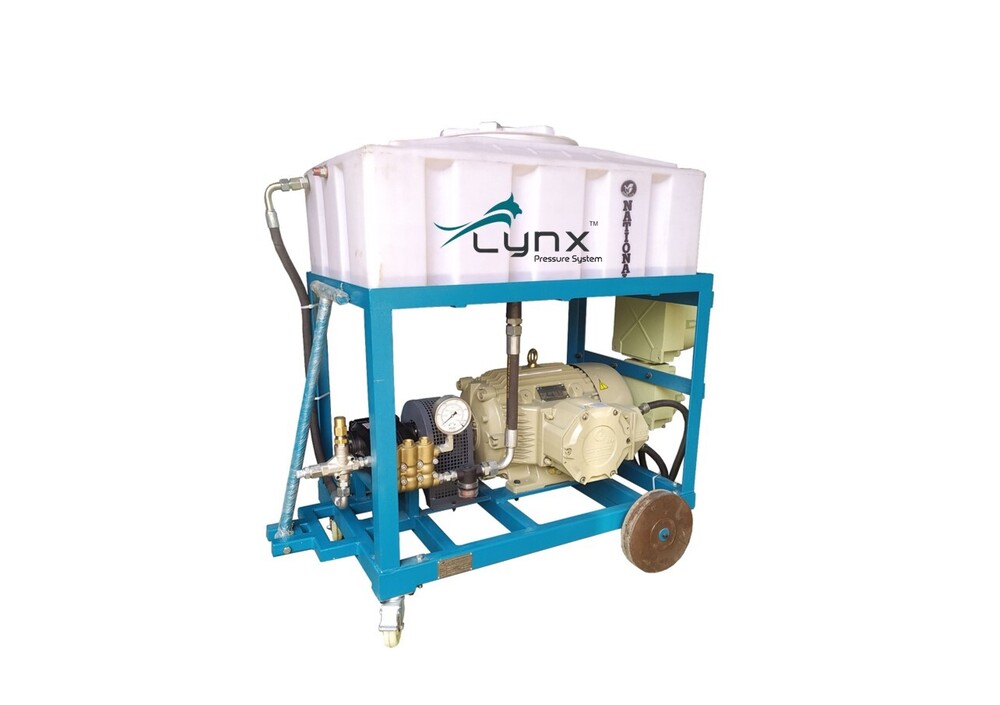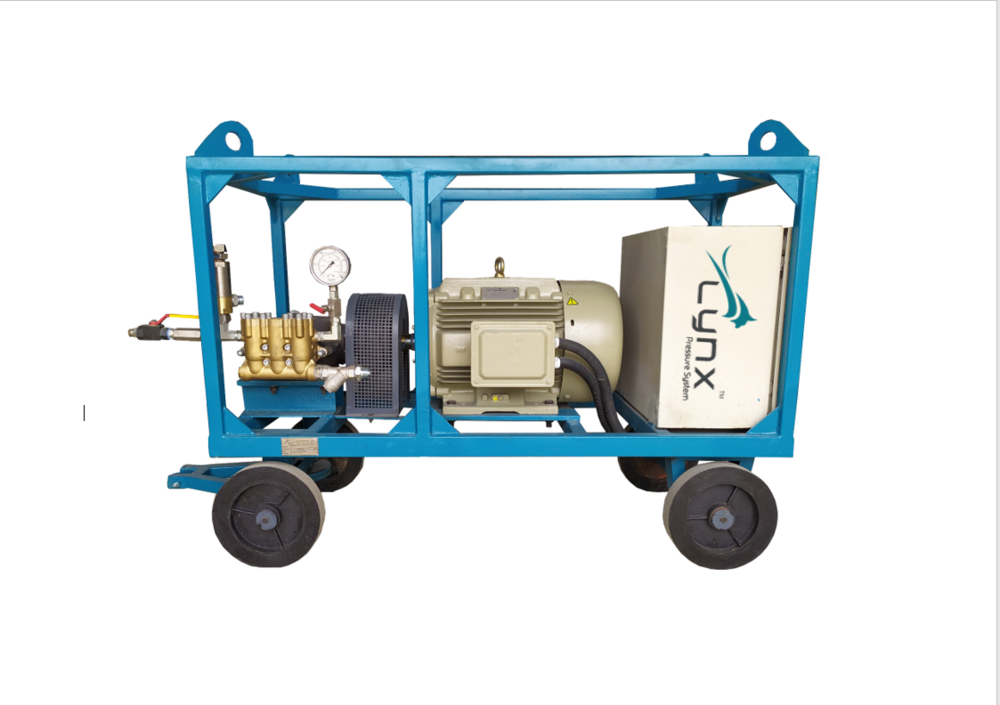वाटर ब्लास्टिंग क्लीनिंग मशीनें
उत्पाद विवरण:
- साइज Standard
- प्रॉडक्ट टाइप Industrial High Pressure Water Blasting Cleaning Machines
- रंग Blue
- उपयोग Industrial
- एप्लीकेशन , , ,
- पावर हार्सपावर (HP)
- वोल्टेज वोल्ट (v)
- अधिक देखने के लिए क्लिक करें
वाटर ब्लास्टिंग क्लीनिंग मशीनें मूल्य और मात्रा
- 1
- सेट/सेट्स
- सेट/सेट्स
वाटर ब्लास्टिंग क्लीनिंग मशीनें उत्पाद की विशेषताएं
- हार्सपावर (HP)
- Industrial High Pressure Water Blasting Cleaning Machines
- Blue
- Standard
- ,
- Industrial
- वोल्ट (v)
वाटर ब्लास्टिंग क्लीनिंग मशीनें व्यापार सूचना
- सभी $ 1, मुंबई, मुंद्रा, पिपवावा, कंदला
- चेक, लेटर ऑफ क्रेडिट (एल/सी), टेलीग्राफिक ट्रांसफर (T/T), वेस्टर्न यूनियन, पेपैल
- 25 प्रति महीने
- 7 हफ़्ता
- Yes
- हमारी नमूना नीति के बारे में जानकारी के लिए हमसे संपर्क करें
- क्लाइंट की मांग के अनुसार बबल प्लास्टिक रैपिंग, एक्सपोर्ट पैकेजिंग के साथ लकड़ी के बक्से।
- हिमाचल प्रदेश, मेघालय, नागालैंड, उत्तराखण्ड, दमन और दीव, दादरा और नागर हवेली, लक्षद्वीप, साउथ इंडिया, नार्थ इंडिया, ईस्ट इंडिया, वेस्ट इंडिया, अंडमान और निकोबार द्वीपसमूह, आंध्र प्रदेश, असम, अरुणाचल प्रदेश, बिहार, चंडीगढ़, दिल्ली, गुजरात, गोवा, हरयाणा, जम्मू और कश्मीर, झारखण्ड, कर्नाटक, मध्य प्रदेश, महाराष्ट्र, मिज़ोरम, मणिपुर, पंजाब, पांडिचेरी, राजस्थान, सिक्किम, तमिलनाडू, तेलंगाना, त्रिपुरा, उत्तर प्रदेश, पश्चिम बंगाल, केरल, सेंट्रल इंडिया, ओडिशा, छत्तीसगढ़, ऑल इंडिया
- MSME, IEC
उत्पाद वर्णन
Water blasting cleaning machine is a technique for cleaning internal and external surfaces, which relies entirely on the sheer force of water from a pressurized source to achieve the desired cleaning effect on the intended surface. Abrasives, toxic and potentially harmful chemicals are not used in water blast cleaning systems.
Water Blasting Cleaning Machine Specifications:
- Pressure Range - 350 Bar to 1400 Bar
- Flow Range - 15 LPM to 139 LPM
Features Of Water Blasting Cleaning Machine:
- Robust Construction
- Few Moving Parts
- Low and Easy Maintenance
- Simple and Comfortable Design
- Easy Installation
- Volumetric Efficiency 95% (maximum)
- Independent alloy steel high wear resistance cylinder
- Compulsory lubrication system
- Plunger core automatic regulate device
- Super-hard alloy or ceramic plunger
- All-in-one transmission case
- ïEquipped with protection unit for phase failure and over charge
- Intake pressure and lubricant pressure warning device
Applications Of Water Blasting Cleaning Machine:
- High Pressure Cleaning
- Tank & Vessel Cleaning
- Hydro Blasting
- Hydro demolition
- Paint Removal
- Ship Hull Cleaning
- Heat Exchanger-Condenser-Boiler-Evaporator Tube & Surface Cleaning
- Surface Preparation
- Textile Industrial Work for Humidification
- Clean and test pressure of petrol pipeline, chemical container, reaction kettle, and heat exchanger by salt work
- ïPharmaceutical factory and concrete removal and roughening
- Remove sand, oil, rust, colloid, paint and dirty stuff of castings
- Remove bread crust in rotary kiln of cement plant
FAQ:
Q. What is a water blasting cleaning machine?
Ans: A water blasting cleaning machine, commonly known as a pressure washer, is a device that uses high-pressure water to remove dirt, grime, and other contaminants from surfaces.
Q. What are the common uses for water blasting cleaning machines?
Ans: Pressure washers are used for a wide range of cleaning tasks, including cleaning vehicles, decks, patios, sidewalks, buildings, driveways, and more. They are also used in industrial settings for tasks like paint removal, graffiti cleaning, and equipment cleaning.
Q. How do pressure washers work?
Ans: Pressure washers use a motor or engine to pressurize water, which is then forced through a hose and a nozzle at a high pressure. This high-pressure stream of water is used to clean surfaces by dislodging dirt and debris.
Q. What types of pressure washers are available?
Ans: There are typically three types of pressure washers: electric, gas-powered, and diesel-powered. Electric pressure washers are more suitable for home use, while gas and diesel-powered ones are more powerful and often used for industrial or professional applications.
Q. What is the difference between PSI and GPM in pressure washer specifications?
Ans: PSI (pounds per square inch) measures the water pressure, indicating the force with which water is sprayed. GPM (gallons per minute) measures the water flow rate. Together, they determine the cleaning power of a pressure washer.
Q. Are there different nozzle types for pressure washers?
Ans: Yes, pressure washers typically come with a variety of nozzles or tips that can be used to adjust the spray pattern. These nozzles range from a narrow, high-pressure stream to a wide, low-pressure fan pattern for different cleaning tasks.
Q. What safety precautions should I take when using a pressure washer?
Ans: Safety is essential when using pressure washers. Always wear protective gear, including safety glasses and hearing protection. Be cautious around electrical outlets and connections. Avoid pointing the nozzle at people or animals, and be aware of kickback from the spray.
Q. Can I use any type of water in a pressure washer?
Ans: It's best to use clean, fresh water. If you need to use water from a non-potable source, make sure the pressure washer is designed to handle it. Some models have filters to prevent debris from clogging the system.
Q. How should I maintain my pressure washer?
Ans: Regular maintenance includes cleaning the machine after use, checking for leaks, and ensuring all connections are secure. Additionally, change the oil (if applicable) and perform other routine maintenance tasks as recommended in the user manual.
Q. Can I use a pressure washer on all surfaces?
Ans: Pressure washers can damage delicate surfaces like wood or paint if not used correctly. Adjust the pressure and nozzle type according to the surface you are cleaning. Always consult the user manual and exercise caution.
Q. What is the cost range for pressure washers?
Ans: The cost of a pressure washer can vary significantly depending on the type, brand, and features. Basic electric models can start at around $100, while heavy-duty gas-powered models can cost several hundred dollars or more.
Q. Can I use a pressure washer to remove oil stains from a driveway?
Ans: Yes, pressure washers are effective at removing oil stains from driveways. You may need a specific detergent or cleaner designed for oil stain removal in conjunction with the pressure washer for the best results.
Q. Can I rent a pressure washer instead of buying one?
Ans: Yes, you can often rent pressure washers from hardware stores or equipment rental companies for one-time or occasional use. This can be a cost-effective option if you don't need a pressure washer frequently.

Price: Â
- 50
- 100
- 200
- 250
- 500
- 1000+

